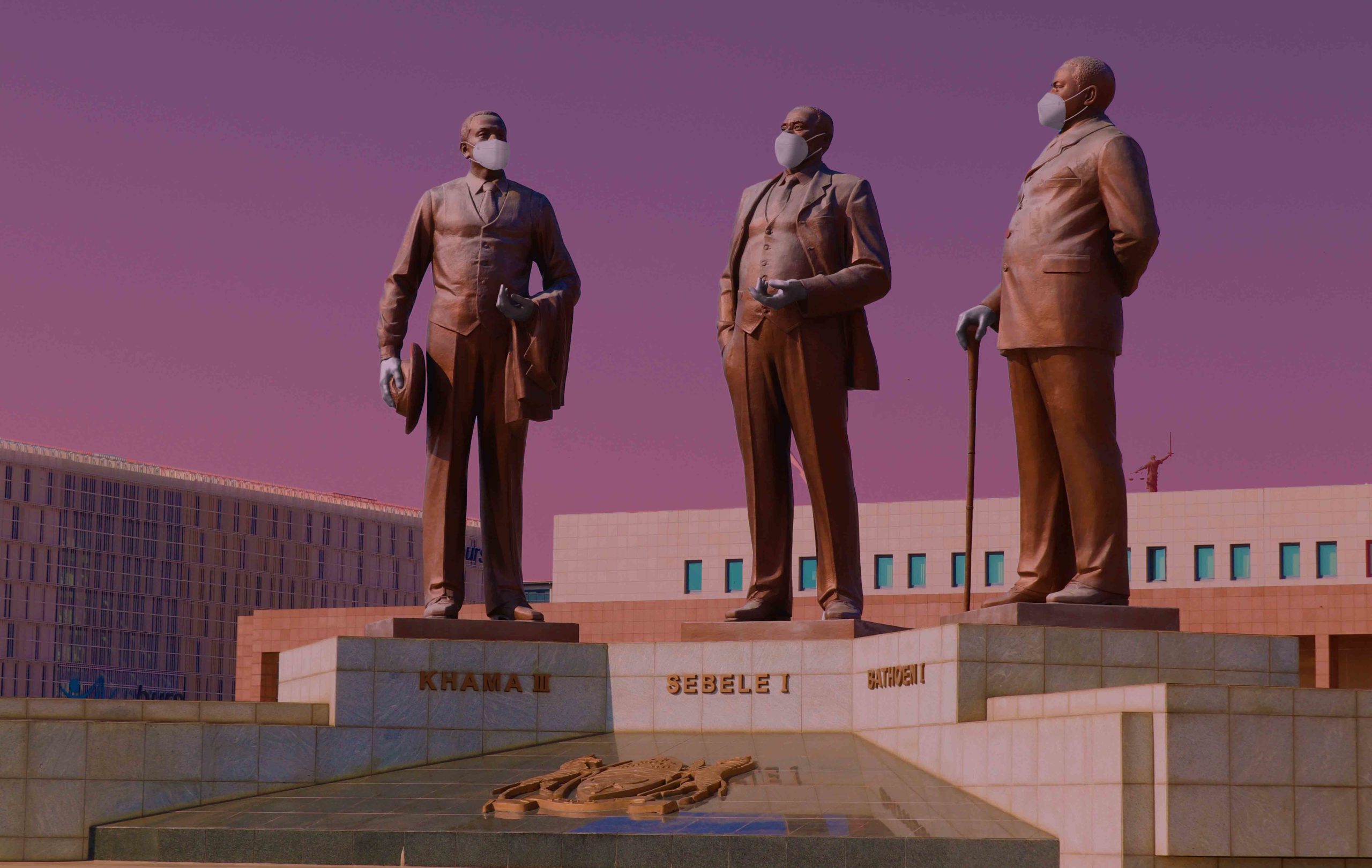Recession is imminent!…As De Beers halts sale of diamonds
A decision by De Beers to suspend rough diamonds sight sales for an indefinite period means that Botswana, a diamond-led economy, will not be making any money from the precious stones. Financial analysts are seriously worried that government revenues will decline while budget deficits will balloon. Most terrifyingly, the GDP will shrink throwing the mining country into a recession.
De Beers and Botswana co-own Debswana, a diamond mining company that contributes around 80 percent to De Beers’ total earnings. This means that Botswana contributes the highest in value, to De Beers.
At over 15 percent, diamonds are the biggest contributor to Botswana GDP, which means those government revenues, and the national budget gets most funds from diamond proceeds. The diamonds’ contribution to the economy will however hit a rock because De Beers has temporarily stopped the sale of diamonds, as a result of the Coronavirus disease outbreak.
The diamond mining conglomerate has scrubbed the third sight for the 2020 financial year due to travel restrictions which has been brought upon by the deadly COVID-19.
According to the company announcement released yesterday (Monday), they will not conduct the third sight due to the “…health restrictions on the movement of people and product in Botswana, South Africa and India, which prohibit customers from traveling and prevent the shipment of goods to customers’ international operations.”
Countries have already embarked on measures to contain the spread of the virus with South African last week announcing a 21-day lockdown from March 27. President Mokgweetsi Masisi also recently pronounced that a lockdown is imminent in Botswana.
Meanwhile, De Beers which employs more than 20,000 people across the diamond pipeline also said it will be enabling sight holders to defer 100 percent of their Sight 3 allocations to later in the year. “And will continue to seek innovative ways to meet sight holders’ rough diamond supply needs in the coming weeks,” De Beers stated in a statement.
Already, the diamond company have been hit hard by the COVID-19 as they registered rough diamond sales of US$351 million during its second auction held in February, down from US$551 million during the first auction the previous month.February sales were about 29 percent lower than the US$496 million recorded during the same period in 2019.
De Beers chief executive Bruce Cleaver attributed the decline to the impact of the ongoing outbreak of coronavirus, also known as COVID-19. “Following an improvement in demand for rough diamonds during the first sales cycle of 2020, we recognized the impact of COVID-19 Coronavirus on customers focused on supplying the Chinese market and put in place additional targeted flexibility to enable customers to defer allocations of the relevant rough diamonds,”Cleaver said at the time. At Stanlib Botswana, Portfolio Manager, Tshephang Loeto said this does not come as a surprise.
In De Beers’ second sales cycle of 2020, it indicated that it had already started to feel the impact of COVID-19 particularly on clients who supply the Chinese market.
Loeto said given the pace at which the infection rate has increased globally, governments have had to respond.
“Airlines alike, have suffered from travel ban and accommodation disruptions. Botswana has responded in a similar manner, essentially shutting its borders. This has presented logistical challenges to De Beers customers who mostly travel from outside of Botswana for these sales cycles. This essentially means they cannot get into the country and it’s therefore only expected that like most businesses are doing, De Beers should postpone this sales cycle,” he stated.
In the short and perhaps to medium term depending on how long these restrictions and ultimately the spread of the virus last, this will have a negative effect on Botswana’s economy according to Loeto.
In his view, the mining GDP has been important to Botswana’s economy, contributing about 15 percent in current price terms over the past year.
“A negative performance of this sector would have a significant effect on overall economic growth. We also read from the just reported GDP numbers that mining sector supports other businesses that are categorised as non-mining (especially the downstream diamond businesses that include these sight holders), making the economic impact greater than just the on the 15 percent contribution. As a result, non-mining GDP will also pullback. I think this increases the likelihood of a contraction in economic performance for 2020,” he explained.
He struck a familiar chord with Garry Juma, Head of Research at brokerage Motswedi Securities, whose anxiety is in that the economy will register negative growth for 2020 and 2021, increasing g chances of an economic recession. Juma said COVID-19 will economically affect the entire world. As a luxury commodity, he fears that people will re-prioritise during economic challenges and avoid buying luxurious commodities, which will hit hard on diamond sales.
A recession is a period of temporary economic decline during which trade and industrial activity are reduced, generally identified by a fall in GDP in two successive quarters.
The bright side however for these businesses is that DeBeers is allowing them to defer 100 percent of their allocation according to Loeto.
“As China re-opens and hopefully the rest of the world contains the spread of the Coronavirus, diamond markets and demand in general will hopefully pick up to cushion businesses and the local economy from the negative effects which are already being felt and likely to continue for the first half of the year and possibly into the second.”

